Slab leaks are among the more frustrating plumbing problems that a homeowner can face. What makes these leaks especially vexing is that they are hard to access and can’t be fixed by the homeowner.
The signs of a leak may also be subtle and much damage can be done before it is found. But as with everything that goes wrong with the house, the earlier a slab leak is identified and fixed by a leak detection plumber, the better.
A homeowner with a slab leak problem often has a feeling that something is not quite right before they can even give the problem a name.
Our team at Plano Plumbing wants to share some tips to identify a slab leak issue:
1. Spiking Water and/or Energy Bills
A homeowner may notice that their water or energy bills are substantially higher than usual, even though the household hasn’t been using any more water or electricity than it usually does.
2. The Sound of Water
People in the home may hear the sound of running water even when all the fixtures are off. It may sound as if there is a stream running beneath the house but in reality, you may have an unidentified leak.
3. Low Water Pressure
If water isn’t flowing as strong as it usually does, it may be because the pressure has dropped. One reason for a pressure drop is that there’s a leak somewhere around the house.
4. A Burnt-Out Water Pump
If the home has its own well and the leak is substantial, the pump will have to run continuously. This can cause it to burn out.
5. A Burnt-Out Water Heater
Like the well pump, a slab leak makes the water heater work extra hard, which can shorten its life and it will be time to replace your water heater.
6. Puddles
As a homeowner, you might notice water puddles on the floor of the kitchen, bathroom or even the laundry room. There may also be puddles or wet spots on the slab itself if the broken pipe runs through the underground or the garage.
You may notice puddles in the yard that haven’t come from the garden hose. A plumber who performs sewer line detection is helpful here. They are able to review the puddle and provide the necessary feedback you need to help find the issue.
7. Damaged and Cracking Floors
Cracks in the floor are a serious and insidious sign of a slab leak because the homeowner may not see any water at first. Not only will the leak need to be repaired quickly, but the homeowner may need to call in a general contractor to repair the floor.
Other damaged flooring problems that indicate a slab leak are:
- Damp and moldy carpets; especially in the basement
- Wood flooring that warps
- Cups and dark spots on the floor
8. Hot Spots
Water from a leak in a hot water line will heat up the concrete of the slab, which makes it warm and warms the floors right above it.
9. The smell of Mold or Mildew
A smell of mold or mildew may be a sign that there is a leak. The homeowner should consider mold and mildew not only attack the floors but can creep up into the drywall as well.
What to Do
A layperson can’t fix a slab leak by themselves, so we recommend calling in professional plumbing services that have the tools and equipment to perform slab leak detections.
In the past, the slab would need to be jackhammered open around the slab leak location. Now, a plumber can fix a leak or repipe the house if there are a lot of leaks.
In some cases, the slab may indeed need be jackhammered open if there’s a small length of pipe that needs to be fixed in the slab and plumbing pipes in the walls and floors that also need to be replaced.
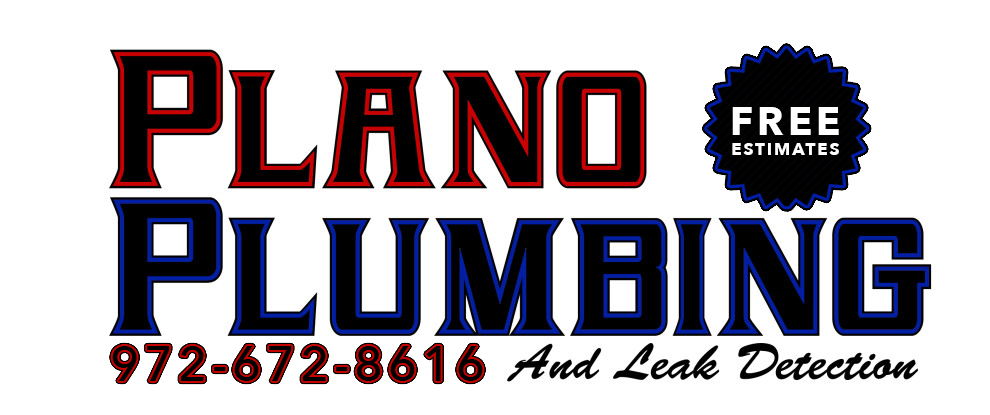
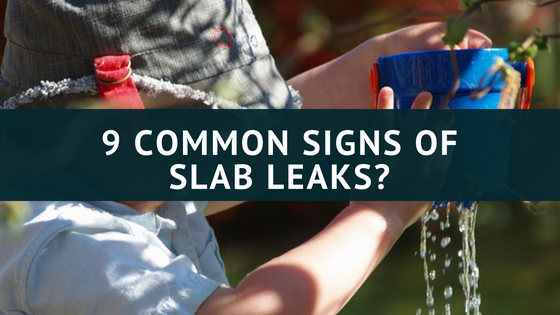
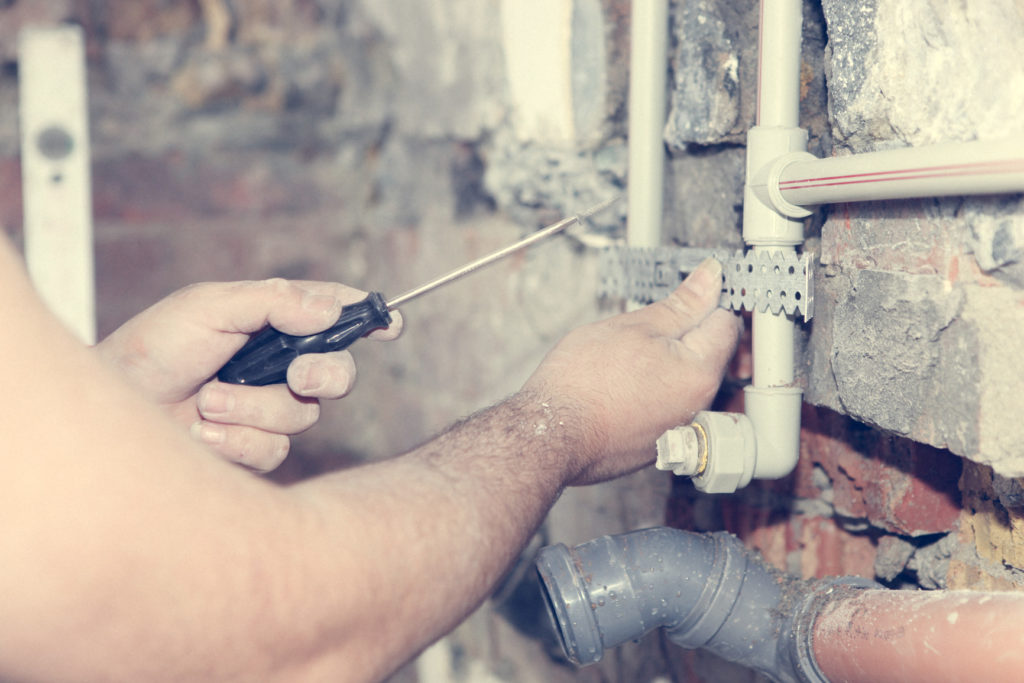
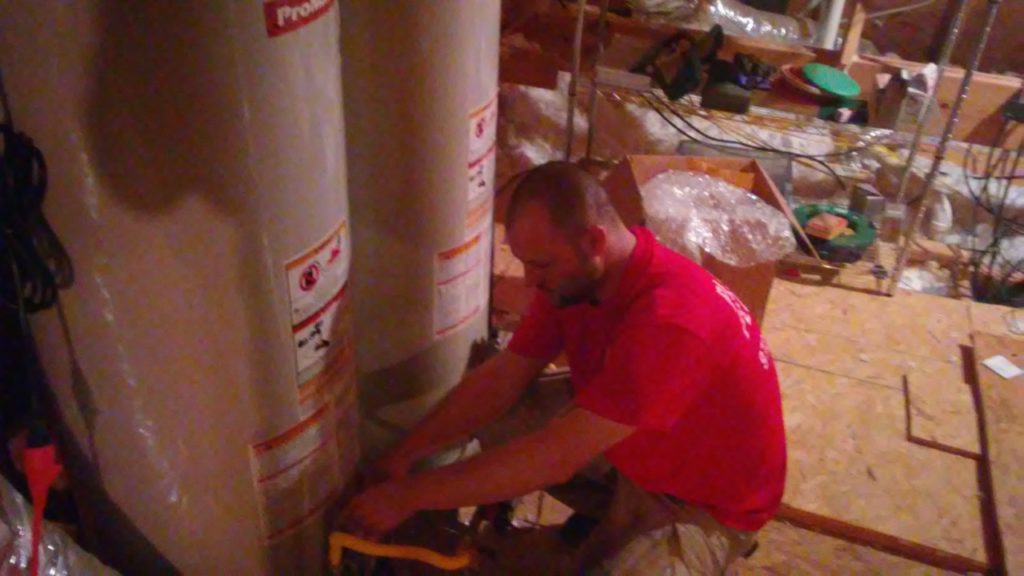
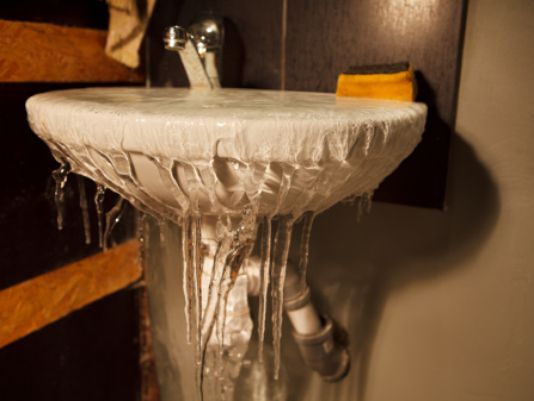
Pingback: How to Assess Home Foundation Damage from Slab Leaks – Plano Plumbing